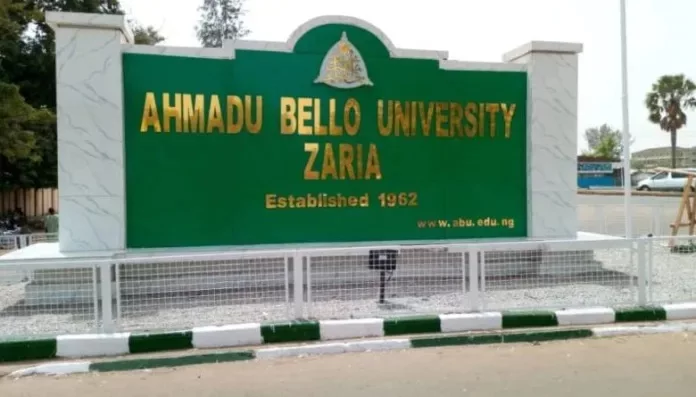The Institute of Agricultural Research (IAR), Ahmadu Bello University (ABU), Zaria has introduced 17 new crop varieties to the existing collection to better serve farmers’ requirements. The Executive Director of IAR, Prof. Ado Yusuf, disclosed this at the 2024 Annual Research Review and Planning Meeting that took place at the institute.
The release includes four transgenic maize varieties, namely: SAMMAZ 72T, SAMMAZ 73T, SAMMAZ 74T and SAMMAZ 75T, which were prized for their high yield and resistance to the fall armyworm, saying “We have also added one pro-vitamin A maize hybrid, SAMMAZ 70, and an Aflatoxin-resistant maize, SAMMAZ 71. Prof. Yusuf said that the institute has unveiled a high-yielding castor variety, SAMCAS 1 and 3 oat varieties namely SAMOAT 3, SAMOAT 4 and SAMOAT 5, which are known for high yield and elevated protein content. He added that the institute would not relent in its ongoing efforts on the development of crop varieties that exhibit tolerance or resistance to both biotic and abiotic factors, including drought, extreme heat, floods, pests and diseases, to address the challenges of climate change.
The Executive Director assured that the institute’s crop varieties would be complemented by production technologies focusing on improved soil management and agronomic practices that would assist in attaining their maximum potential as well as various simple tools designed to minimise labour in both crop production and post-harvest activities. Meanwhile, IAR had earlier received a newly-upgraded greenhouse facility for better seed storage and production. The facility is equipped with cutting-edge technology to meet with modern storage and production demand of the century, under the PBR Cowpea Seed Project funded by Bill and Melinda Gates Foundation (BMGF).
Handing over the facility to the institute, the Director, Programme Development and Commercialisation, African Agricultural Technology Foundation (AATF), Dr. Emmanuel Okogbenin, said unveiling the facility was representing not only a physical structure, but also a symbol of commitment to innovation and progress in agriculture. “The upgraded greenhouse, powered by a robust 100KVA solar system, stands as a testament to our dedication to harnessing renewable energy sources for the betterment of agricultural practices. Also, integrated within the facility are cooling units and a 30KVA solar-powered cold storage facility. These are not merely amenities, but crucial components in our quest to preserve the quality and viability of PBR cowpea nucleus, breeder and foundation seeds during storage. This facility will ensure optimal conditions for seed preservation, safeguarding the genetic integrity of our agricultural heritage”, Dr. Okogbenin said.



